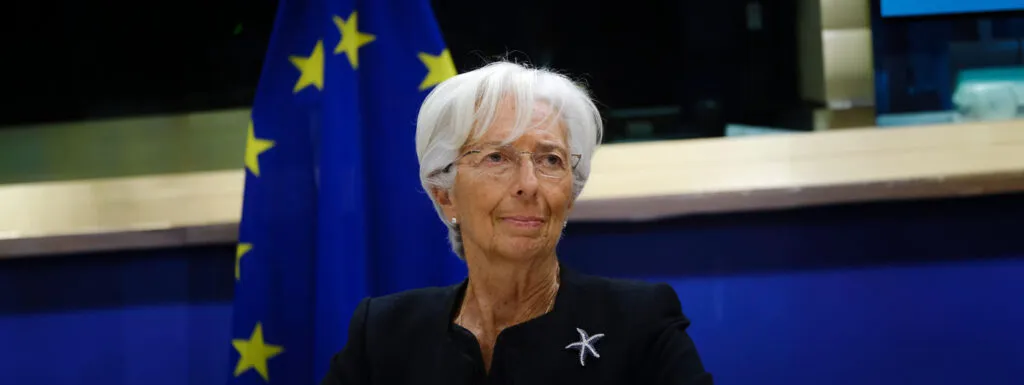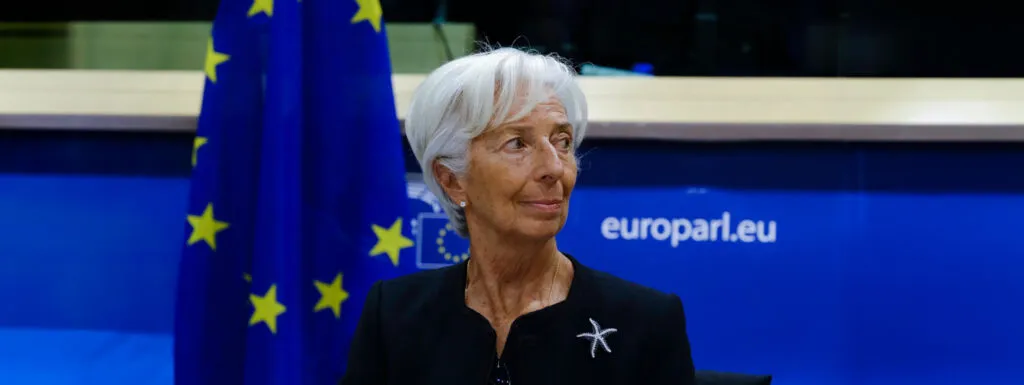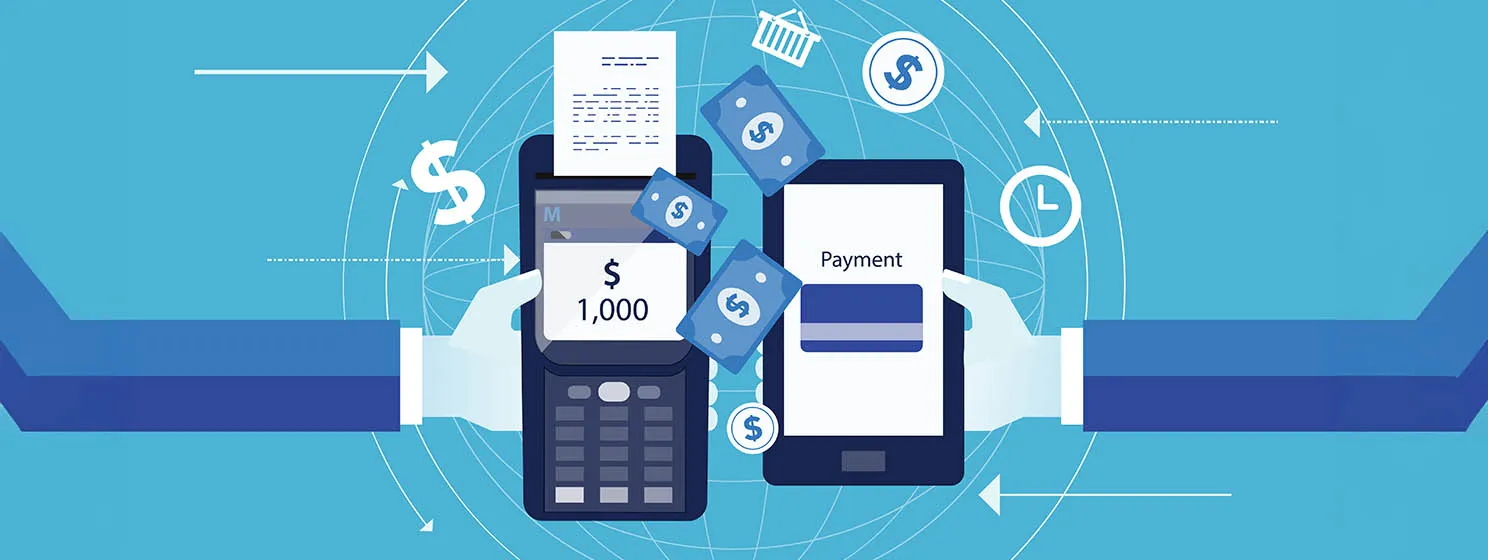
Digital Euro
EU under pressure to update CBDC, tokenization regulation
Lagarde voices the need to expedite the EU's CBDC in light of the growing 'crypto' market, while EFAMA advocates for...
Bank of Italy: MiCA not enough buffer from stablecoin risk
Fabio Panetta says the digital euro could be a better solution as dollar-pegged stablecoins take over while advocating for global...
ECB sandbox explores conditional payments, tokenization
Seventy organizations will explore conditional payments and tokenization under a new sandbox as the EU prepares to conclude its CBDC...
Kyrgyzstan to launch gold-backed stablecoin in Q3
The Kyrgyz government has been developing the USDKG stablecoin, and at an event in Dubai, it was revealed that the...
ECB to test digital euro; UK drafts stablecoin regulation
The ECB sets up an innovation hub to test its digital euro project; meanwhile, the U.K. says that foreign stablecoin...
EU’s march to independence: A scalable blockchain is a must
Christine Lagarde said that the U.S. and China control Visa, MasterCard, PayPal, and Alipay, and that EU must build alternatives...

 07-09-2025
07-09-2025 




























